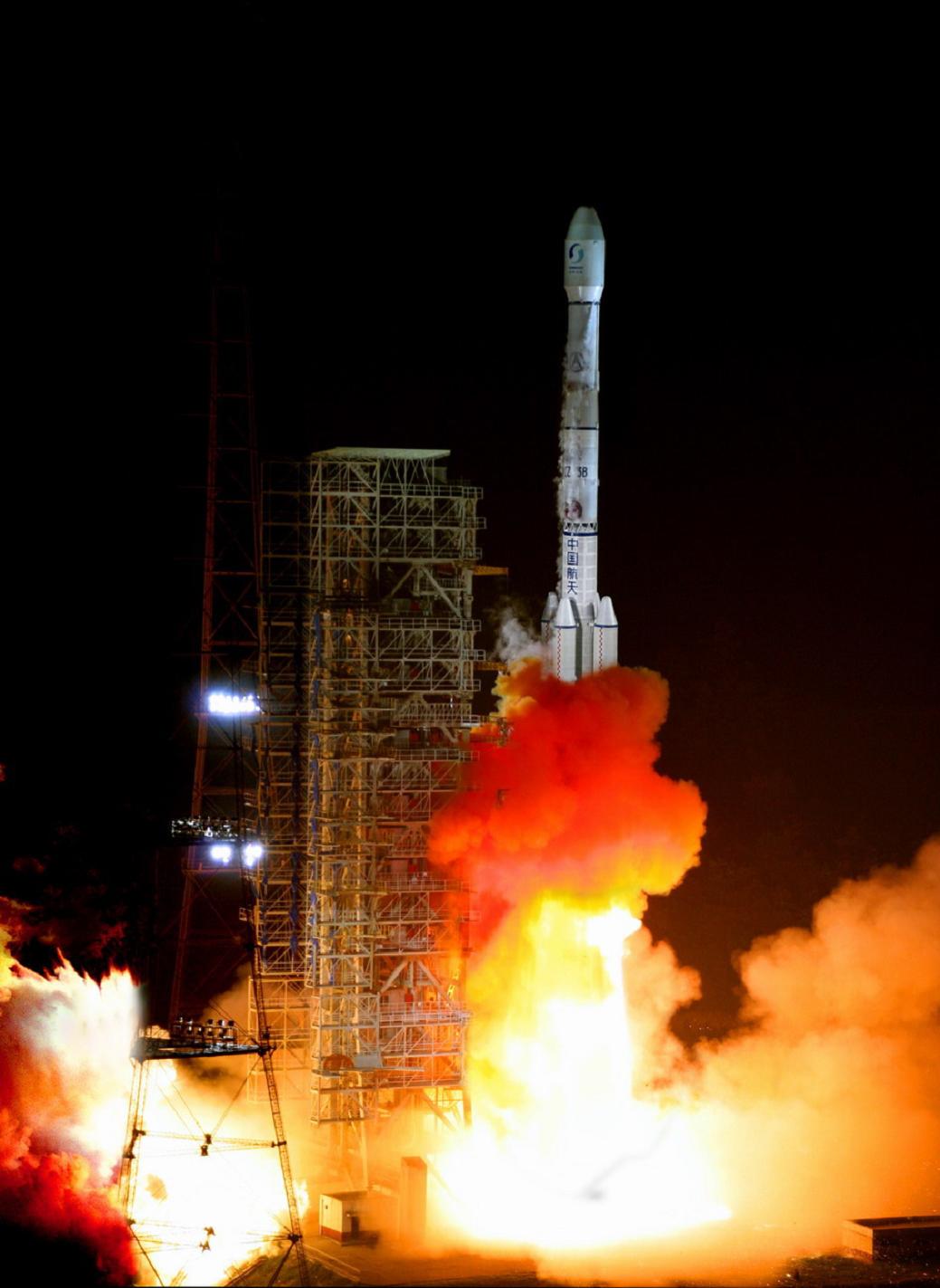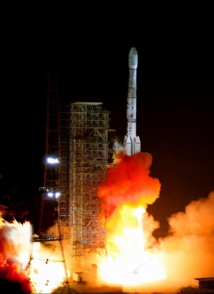The contract value is 2.4 billion euros, it involves the development of two versions of a heavy launch vehicle: Ariane Ariane 62 and 64, ASL’s report says.
Also, ESA have contracted by almost 1 billion euros for the development of start position (with the National Centre for Space Studies of France - CNES) and a small modification of the launcher Vega C (now Ensemble de Lancement Vega - ELV).
Thus, the total cost of the Ariane-6 project will be about 3.4 billion euros.
EU will send 680 million euros to finance the initial phase of development - to analyze the preliminary design planned for mid-2016. The final decision on the further implementation of the project will have been made by 2016 - Germany insisted on this, wanting to ensure the financial viability of the new concept.
Earlier it was reported that the Ariane-6 will be more focused on commercial launches and will significantly save on the services elimination. The EU's decision on the project is made partly in response to increased competition from American companies that provide services to launch rockets.
According to The Wall Street Journal, the cost of one launch of Ariane-6 will be from 70 million to 90 million euros. The booster will be able to output up to 10.5 tons of payload into geosynchronous transfer orbit.
The first launch of Ariane-6 is planned for 2020, the full entry into commercial operation - to 2023, when it is expected to make up to 12 launches per year. CNES is responsible for the deployment of the pad (in the territory of Kourou in French Guiana) for the new rocket. For this purpose, ESA allocates 600 million euros.
Vega C will be tested earlier - in 2018 for the first time.
Ariane-6 will be developed on the basis used in the current version of the first cryogenic stage (oxygen-hydrogen). Supporters of this approach believe that it will increase the flexibility of the concept and make possible virtually any startup - from research space missions to the output of large commercial satellites in high Earth orbit.
source: wsj.com
Also, ESA have contracted by almost 1 billion euros for the development of start position (with the National Centre for Space Studies of France - CNES) and a small modification of the launcher Vega C (now Ensemble de Lancement Vega - ELV).
Thus, the total cost of the Ariane-6 project will be about 3.4 billion euros.
EU will send 680 million euros to finance the initial phase of development - to analyze the preliminary design planned for mid-2016. The final decision on the further implementation of the project will have been made by 2016 - Germany insisted on this, wanting to ensure the financial viability of the new concept.
Earlier it was reported that the Ariane-6 will be more focused on commercial launches and will significantly save on the services elimination. The EU's decision on the project is made partly in response to increased competition from American companies that provide services to launch rockets.
According to The Wall Street Journal, the cost of one launch of Ariane-6 will be from 70 million to 90 million euros. The booster will be able to output up to 10.5 tons of payload into geosynchronous transfer orbit.
The first launch of Ariane-6 is planned for 2020, the full entry into commercial operation - to 2023, when it is expected to make up to 12 launches per year. CNES is responsible for the deployment of the pad (in the territory of Kourou in French Guiana) for the new rocket. For this purpose, ESA allocates 600 million euros.
Vega C will be tested earlier - in 2018 for the first time.
Ariane-6 will be developed on the basis used in the current version of the first cryogenic stage (oxygen-hydrogen). Supporters of this approach believe that it will increase the flexibility of the concept and make possible virtually any startup - from research space missions to the output of large commercial satellites in high Earth orbit.
source: wsj.com



















